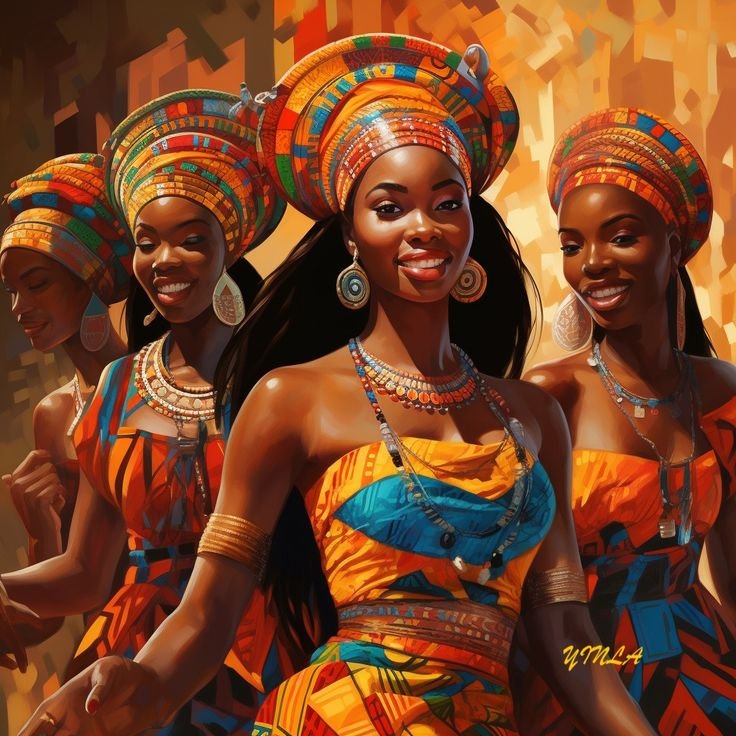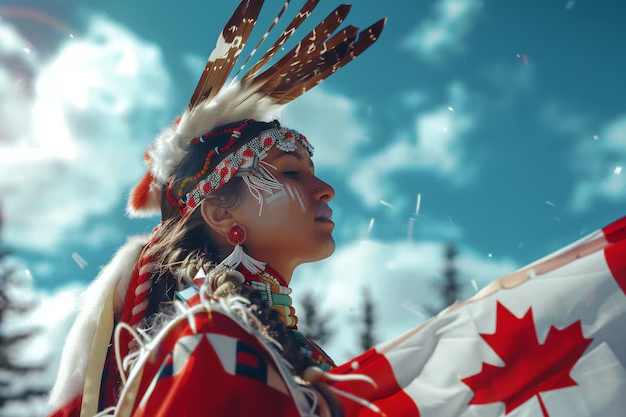Black culture traditions is a powerful testament to resilience, creativity, and community. Rooted in centuries of rich history, Black traditions continue to flourish today, bringing people together through music, dance, storytelling, food, and celebrations. This article celebrates the vibrancy of these customs, exploring how they empower communities, preserve identity, and inspire new generations.
Music and Dance: The Rhythmic Heart of Black Culture Traditions
In addition to the musical styles that are rooted in African heritage, modern forms of sassy culture celebrate self-expression, individuality, and confidence. These movements highlight how contemporary music and dance styles continue to evolve, each infusing unique flair and creativity while celebrating self-identity.
The Origins of Black Music
The roots of Black music trace back to West African traditions, where music was a communal experience, often intertwined with dance. Enslaved Africans brought these traditions to the Americas, where spirituals and gospel were born as expressions of faith and resilience.
The Evolution of Dance
Dance styles rooted in Black culture traditions have left an indelible mark on global dance forms. From the infectious energy of the Charleston to the powerful expression of krumping, dance continues to be a profound form of storytelling, connection, and joy.
Celebrations and Festivals: Unity in Joy
Black culture traditions celebrates life with an array of vibrant traditions and festivals. These celebrations honor ancestors, affirm identity, and strengthen community bonds.
Kwanzaa
Celebrated from December 26 to January 1, Kwanzaa is a holiday created by Dr. Maulana Karenga in 1966 to honor African heritage and Black identity. Each day represents a principle such as unity, creativity, and faith, culminating in a feast and gift exchange.
Juneteenth
Juneteenth marks the end of slavery in the United States, commemorating June 19, 1865, when the last enslaved people in Texas were freed. It’s a day of celebration, with parades, festivals, music, and reflection on freedom and progress.
Food and Family: Soul Food and Sunday Dinners
Family traditions and meals play a pivotal role in Black culture. Soul food, born from necessity and ingenuity, is a cherished culinary tradition that connects families across generations.
The Roots of Soul Food
Soul food has deep roots in African, Indigenous, and Southern American cuisines. Staples like fried chicken, collard greens, cornbread, and sweet potatoes were shaped by the creativity and resourcefulness of enslaved people.
The Tradition of Sunday Dinners
Sunday dinners are a cherished tradition, bringing family and friends together for fellowship, laughter, and good food. They reinforce community bonds and provide a space for storytelling, remembrance, and love.
Storytelling and Oral Traditions: Preserving Heritage
Preserving and passing down traditions is not just limited to storytelling; the way communities evolve can also be seen in other cultural practices. For instance, certain scientific practices like PGC in vitro culture are influenced by cultural values and traditions. These types of studies reflect how heritage and cultural knowledge are vital in different fields, from scientific research to artistic expression, showing a beautiful interplay of culture and innovation.
Folktales and Proverbs
African folktales, such as those featuring the trickster Anansi the Spider, teach valuable lessons and reflect the cultural significance of wit, courage, and perseverance. Proverbs, like “It takes a village to raise a child,” underscore communal values that resonate throughout generations.
Modern Storytelling in Literature and Film
From authors like Zora Neale Hurston to filmmakers like Ava DuVernay, Black artists continue the tradition of storytelling, shedding light on experiences, struggles, and triumphs. Literature and film remain powerful tools for amplifying voices and fostering understanding.
Hair and Fashion: Expressions of Identity and Pride
Hair and fashion are powerful forms of self-expression within Black culture tradition styles, such as braids and head wraps, have been worn for centuries, symbolizing cultural heritage and personal identity.
The History of Braiding
Braiding has deep black cultural traditions significance, with styles often indicating one’s age, tribe, or marital status in African communities. In the African diaspora, braiding continues to be a way to connect with heritage and celebrate natural beauty.
The Rise of African-Inspired Fashion
Fashion designers around the world are inspired by African textiles and prints. Vibrant colors, bold patterns, and intricate designs are embraced by the Black community as symbols of pride and identity.
Frequently Asked Questions
What is the significance of Kwanzaa in Black culture traditions?
Kwanzaa is a celebration of African heritage and identity, observed from December 26 to January 1. Each day focuses on principles such as unity, self-determination, and faith, culminating in a feast and reflection on family and community.
How did soul food originate?
Soul food originated in the southern United States, blending African, Indigenous, and European culinary traditions. It reflects the creativity and resilience of enslaved people who made delicious, nourishing meals from limited ingredients.
What role does storytelling play in Black culture?
Storytelling is central to Black culture, preserving history, values, and wisdom. Through folktales, proverbs, literature, and film, Black storytellers continue to celebrate identity, share experiences, and inspire change.
Conclusion
This structure focuses on readability, emotional engagement, and cultural accuracy, helping readers appreciate the importance of Black cultural traditions. Using concise, impactful language, the article encourages readers to explore and celebrate the incredible influence of Black culture.



